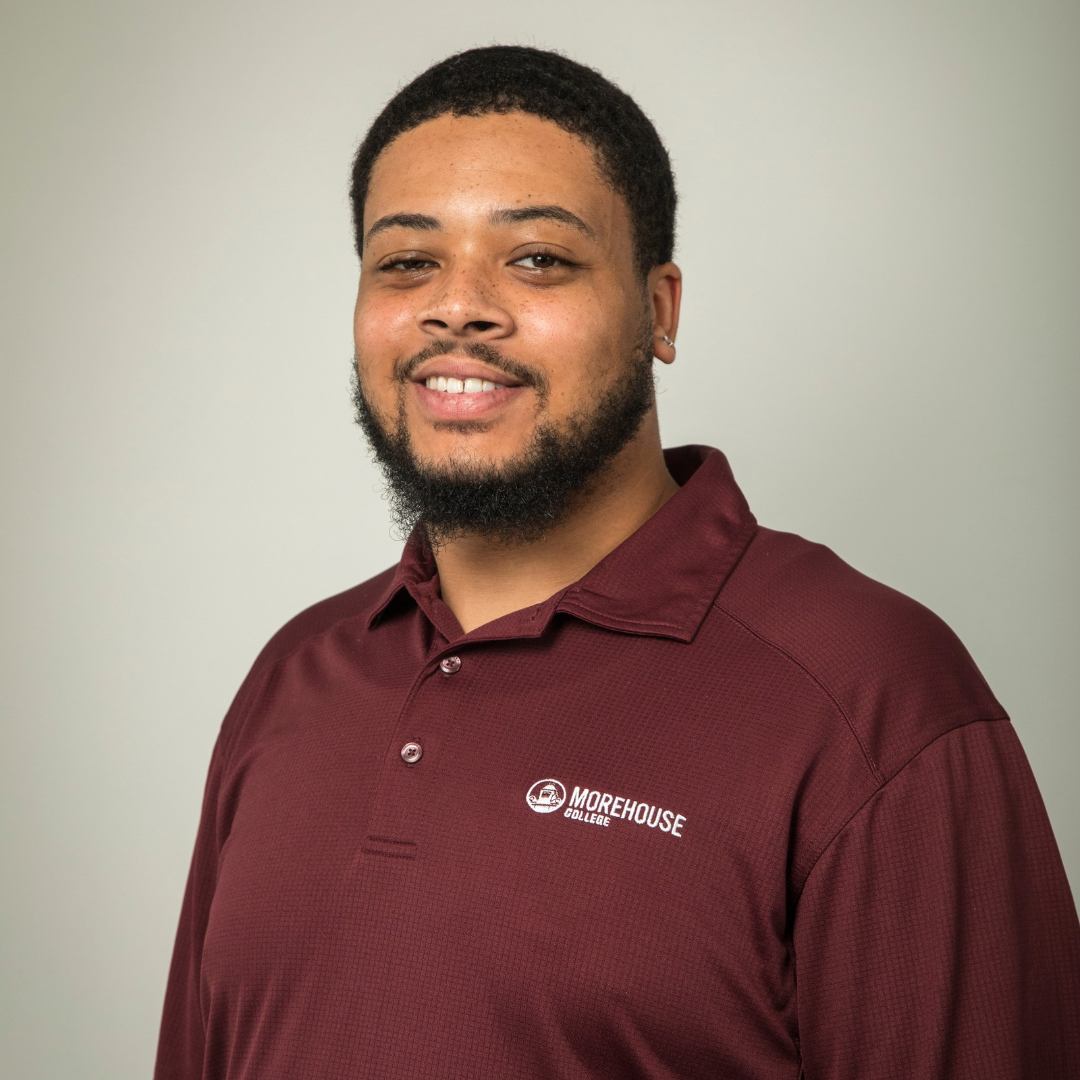Kollin Brown’s journey is one that comes full circle. Once a high school participant in the Cook Center’s Hank and Billye Suber Aaron Young Scholars Summer Research Institute, Brown returns this summer—not as a student, but as a teacher’s assistant.
It has been 7 years since Brown was an Aaron Young Scholar himself. Now, after graduating from Morehouse College, where he studied Software Engineering and Africana Studies, and having spent a year to AmeriCorps as a teaching assistant in elementary classrooms, Brown will soon begin teaching middle school math in Clayton County, Georgia, as a Teach for America Fellow.
“I’m excited for this new journey,” Brown says. “It feels fulfilling to have purpose in my life.”
From his own transformative experiences as a Young Scholar to his commitment to supporting the next generation, Brown embodies what it means to build equity through education, and to pay it forward.
As a participant in the Aaron Young Scholars program, Brown learned research and writing skills that would shape his academic and professional life. He recalls how the program challenged him to see beyond surface-level narratives, encouraging him to investigate deeper truths. His own projects in the program around gentrification (The African “American Dream”: The Destruction of the Black Wall Street) even inspired investigations at the Cook Center around Durham’s Black Wall Street. “It opened my perspective,” he reflects. “You can’t just believe what you see, you have to research it yourself.”
That lesson extended far beyond high school. At Morehouse, Brown built on his Young Scholars foundation to develop a capstone project focused on literacy and technology. His project — an AI chatbot called Afro Lit — was designed to help Black K–12 students connect with literature that reflected their culture and identities. Though still a demo, the chatbot stands as a testament to Brown’s desire to merge technology with education for social good.
Brown’s path has been shaped by a commitment to educational equity and a passion for empowering his community. His drive to become an educator also grew from his Morehouse experience, where he learned the importance of self-identity and community uplift. “It’s not just about making money,” he says. “It’s about uplifting our community and ourselves.” Courses in Africana Studies and experiences as a member of Omega Psi Phi Fraternity, Inc. helped him connect these values with educational work, inspiring him to think critically about the systems and structures that shape young people’s opportunities.
Returning to the Aaron Young Scholars program as a teacher’s assistant, Brown is eager to create the same “a-ha” moments that once inspired him. “I’m really looking forward to the conversations with students,” he says. “It’s not just about research, it’s about personal growth, making change, and inspiring careers.”
Brown also hopes to share the strategies he has learned from his own training—scaffolding, small-group learning, and integrating technology—to make the classroom engaging and relevant. “Using technology is a plus for me as we do this program online this year,” he explains, describing plans to build workbooks and interactive activities to help students think deeply and communicate their ideas clearly.
Perhaps the most powerful part of Brown’s story is how he sees education as a tool for change. “If we can’t read, research, and analyze, we can’t overcome our bigger problems,” he says. That belief pushes him to invest in students and encourage them to form their own opinions, grounded in research and critical thinking.
He also sees the Young Scholars program as vital for Durham. “It opens doors,” he emphasizes. “It helps students grow academically, but also connects them with peers and the community. Kids learn about the world, the things that make it go, and how to create change.”

